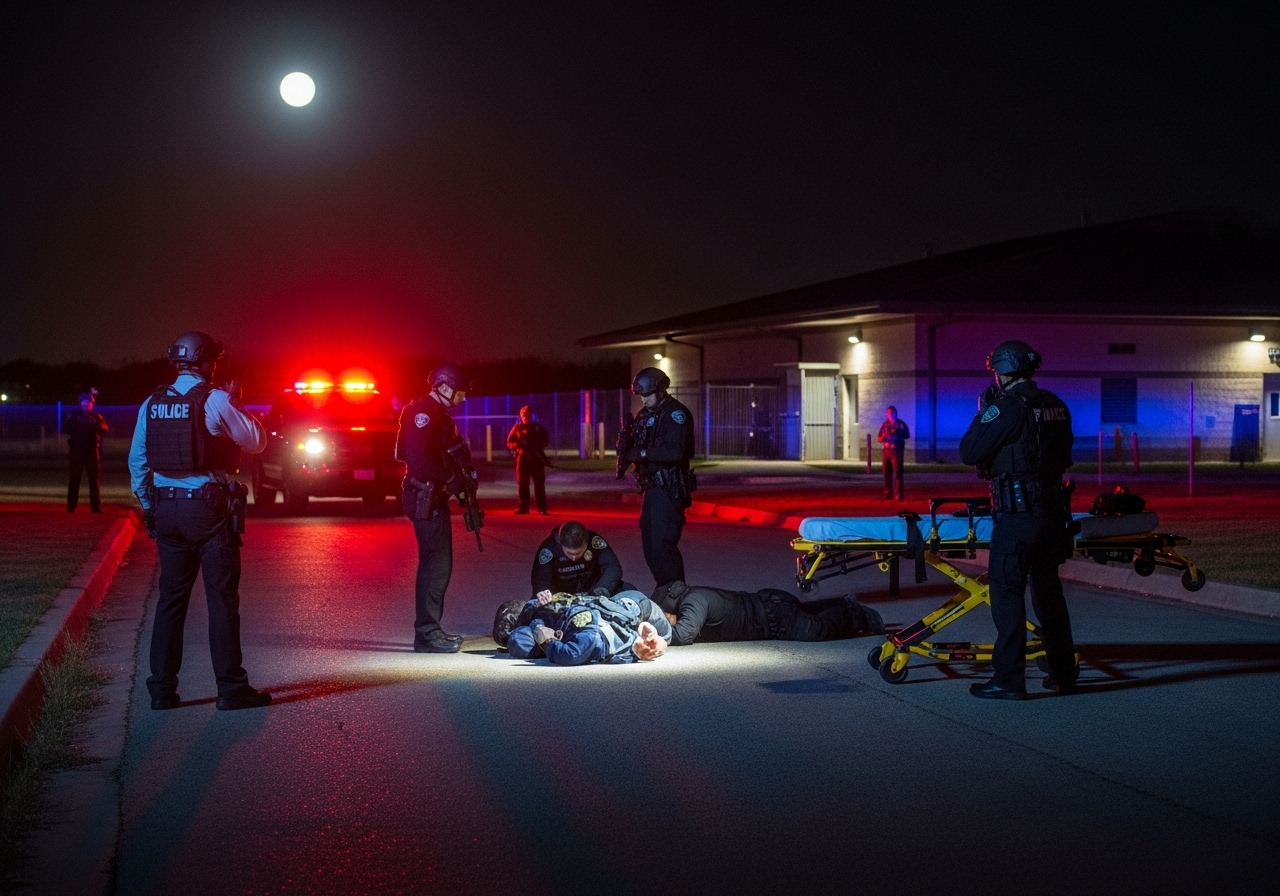A federal judge has ordered a man who was accused of being a part of the January 6 riot at the Capitol to unlock his computer “with his face” after attorneys said the laptop contains videos from his helmet-worn camera that might incriminate him.
Guy Reffitt was arrested by feds in January and was then charged with five counts of crimes, including carrying a handgun into the nation’s Capitol and obstructing justice by supposedly threatening his family members, saying he would murder them if they reported him. He has plead that he is not guilty to all of these charges.
FBI investigators took his Surface Pro laptop along with other devices after getting a search warrant, CNN reported. The laptop was protected with a password, but officials said it would be unlocked using facial recognition. Prosecutors thought the laptop had more than six gigabytes of video from Reffitt’s helmet camera, which would reveal he had trespassed onto the Capitol grounds.
Defense Attorneys had argued that Reffitt could not remember the password and that the Judge’s search warrant for the laptop was expired.
Prosecutors asked the judge to force Reffitt to show his face for the laptop’s camera and unlock it. The Judge agreed with their arguments, saying that forcing the defendant to unlock his laptop did not break his Fifth Amendment protection from self-incrimination.
The Fifth Amendment gives anyone in the United States the ability to stay silent if they are hit with charges with a crime, a protection for innocent people “who otherwise could be ensnared by ambiguous situations.” Courts have in the past ruled that a defendant should not be forced to hand over passwords. Passwords are said to be “testimonial” evidence, which a defendant can not give to law enforcement because doing this would mean answering a question depending on the contents of the defendent’s thoughts.
However, the prosecution succeeded in getting those protections removed by arguing that it does not extend to someone’s physical features, such as their fingerprints or face, which can be used as a replacement to password protection and are thought of as physical evidence.
Author: Steven Sinclaire





